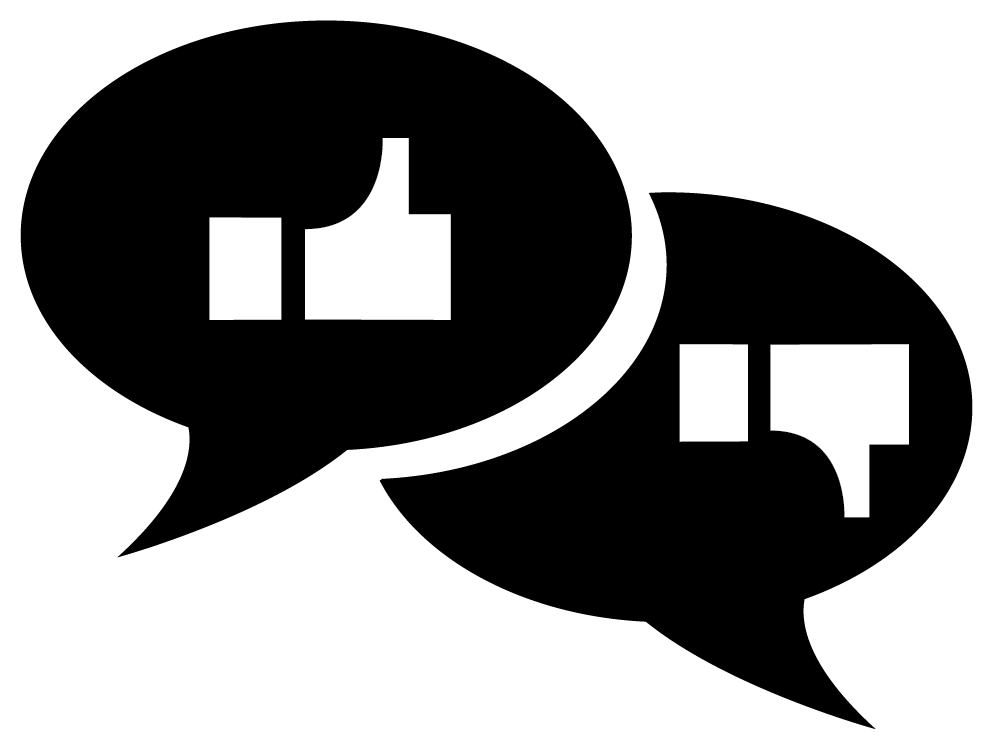A great university is defined by open and uninhibited dialogue, where conflicting ideas and viewpoints are free flowing and lively debate is the norm. Unfortunately, many of America’s top universities are quickly digressing from this standard of greatness, as numerous conservative and right-wing arguments are facing backlash from an overwhelmingly dominant majority of liberal faculty members and administrators.
According to Greg Lukianoff, president of the Foundation for Individual Rights and Education (FIRE), “If you’re going to be censored on the modern college campus for your opinion, chances are you’re going to be censored by the Left.”
In 2008, a student-employee at Indiana University-Purdue University Indianapolis (IUPUI) was found guilty of racial harassment for publicly reading a book. A sorority at California State University, Fullerton (CSUF) was found guilty of seven conduct violations for a Taco Tuesday event, in which several sorority sisters wore allegedly “insensitive” sarapes and sombreros.
These are just a couple minor examples of the “politically-correct” left infringing against first amendment rights on campus, but perhaps the most abhorrent attempts to censor free speech have been targeted at campus evangelicals. Last year, a student from Dartmouth ran over a pro-life display with his car. (Ironically, the car was sporting a “Coexist” sticker on its bumper.) Perhaps the most recently discussed case of censorship is from the University of California, Santa Barbara (UCSB), where a feminist professor was found guilty of grand theft, vandalism, and battery after a physical altercation in which she stole and destroyed a 16-year old’s pro-life sign.
This type of behavior on campus is not only stifling intellectual diversity, but also instilling a fear and hesitation in students to identify as conservatives. The role of a university is not to promote a single ideology, but “to provide scholars and students with a neutral forum for researching and debating ideas,” said Michael Bloomberg at Harvard’s 2014 Spring Commencement.
In regards to commencement and campus speakers, a conservative pundit is three-times more likely to be disinvited to campus than a Democratic speaker. Last year’s commencement statistics shed even more light on this startling fact. In 2014, over 25 Democratic political figures spoke across 60 of America’s top universities. Zero Republicans were invited to speak at these campuses last year.
In 2012, 96 percent of all political contributions from Ivy League faculty and staff went to the Obama campaign. Last year’s spring commencement ceremony speaker at Harvard was registered independent, Bloomberg. Bloomberg chastised the Ivy League liberals for trying to repress conservative ideas.
“When 96 percent of Ivy League donors prefer one candidate to another, you have to wonder whether students are being exposed to the diversity of views that a great university should offer,” said Bloomberg. He went on to note that a “university cannot be great if its faculty is politically homogeneous.”
DU has received a “yellow” rating by FIRE due to “at least one ambiguous policy that too easily encourages administrative abuse and arbitrary application.” Still fresh in many of our memories from September 2013, several DU students and faculty members signed a petition attempting to disinvite former president George W. Bush from speaking at the annual Korbel School of International Studies Dinner, as well as to revoke a humanitarian award that was presented to Bush at the dinner ceremony. In this situation, campus liberals blatantly attempted to silence a voice and deny an honorary award to an individual they considered politically objectionable. Their actions were disgraceful, to say the least.
Thankfully, DU did not succumb to the leftist censorship campaign and only responded to the petition by merely changing the name of the humanitarian award Bush received. However, as universities continue to reconsider their commencement speakers based on their political affiliations, censorship and conformity will continue to triumph on our campuses, ultimately destroying the very definition and purpose of a university.
To conclude, I’d like to quote a famous passage from John Stuart Mill’s “On Liberty:” “The peculiar evil of silencing the expression of an opinion is that it is robbing the human race; posterity as well as the existing generation…If the opinion is right, they are deprived of the opportunity of exchanging error for truth; if wrong, they lose, what is almost as great a benefit, the clearer perception and livelier impression of truth, produced by its collision with error.”
The purpose of a university is to stir discussion from all opinions and stances, not silence it.










